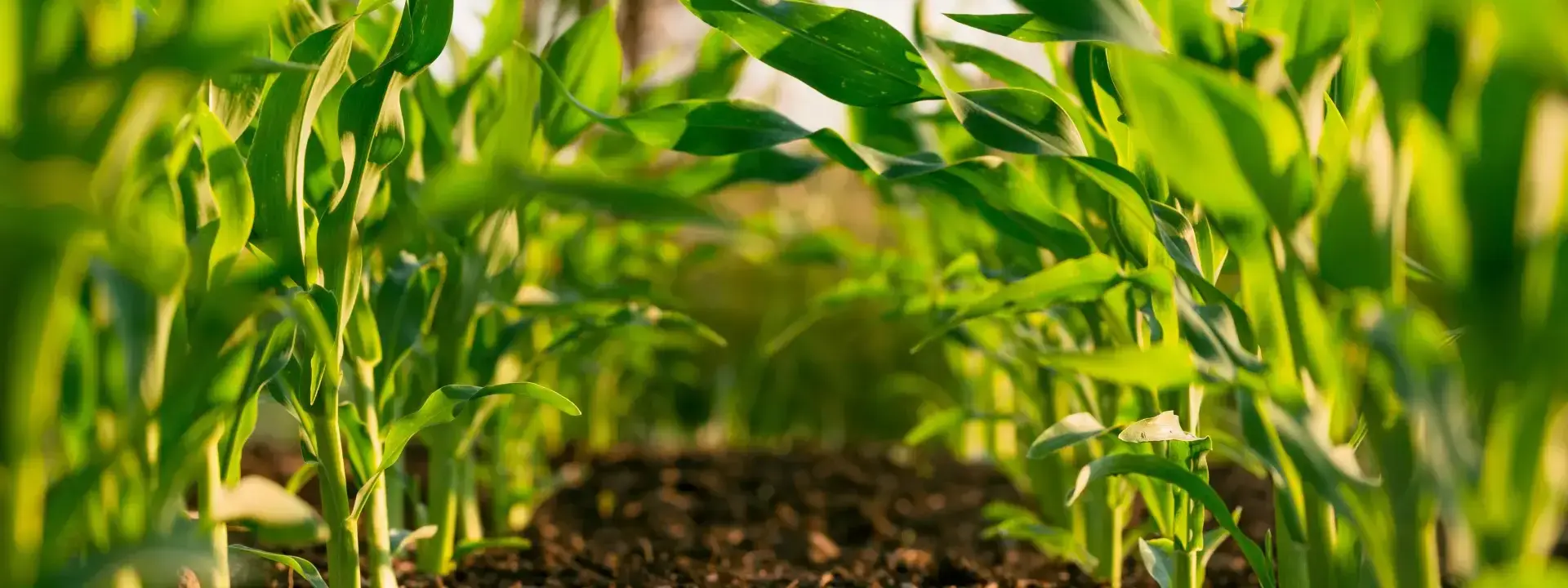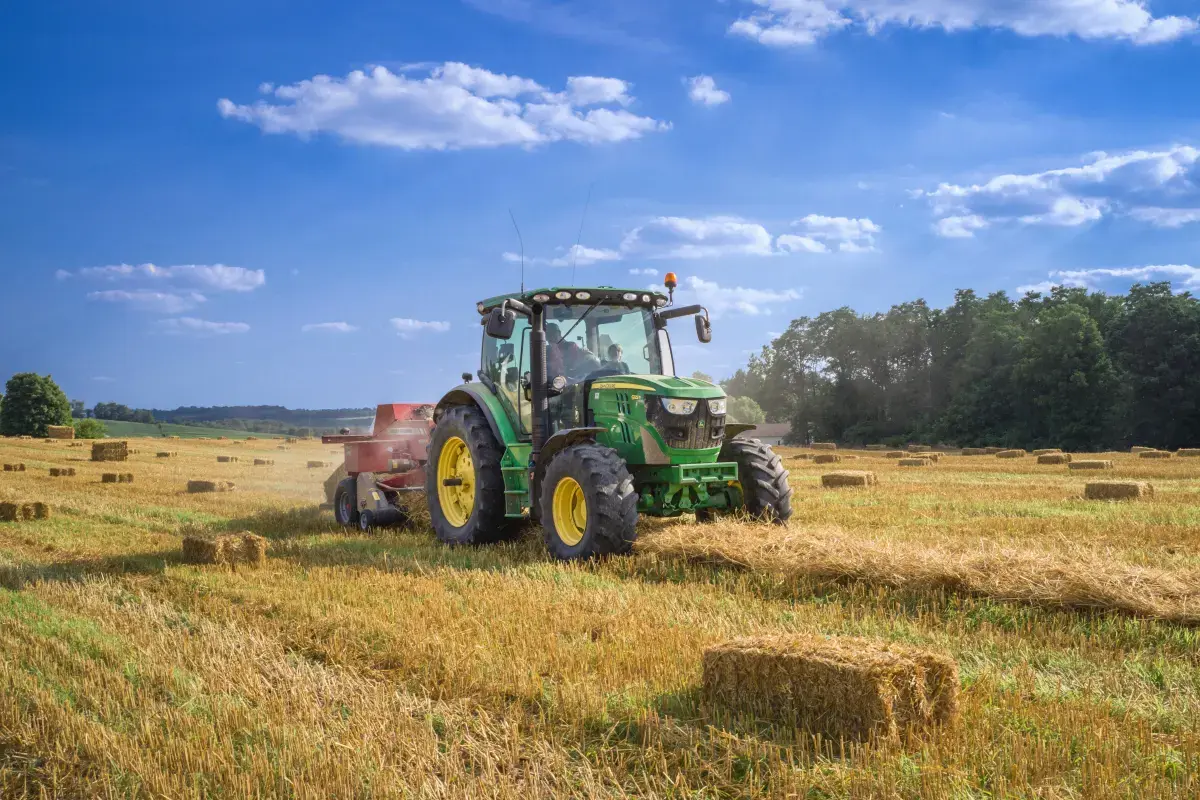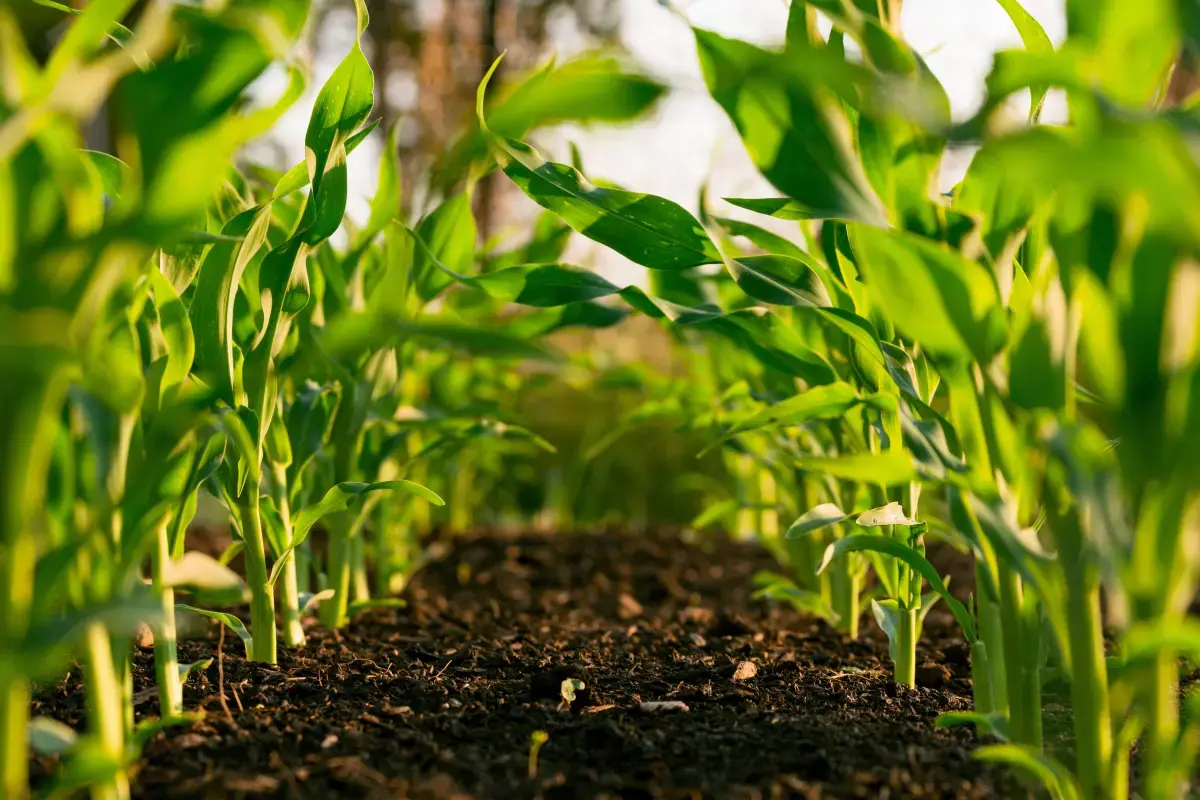
Agriculture, Conservation & Farming Services in Australia
Find the Best Agriculture, Conservation & Farming Work in Australia Near You
Hire the Most Trusted Local Agriculture, Conservation & Farming Workers Near Me. Choose how you work. Choose who you hire.

Find & Hire Agriculture, Conservation & Farming Experts via our 4 Flexibile Work Services in Australia
Choose which service works for you to find, hire and recruit highly skilled and trusted Australian Agriculture, Conservation & Farming Experts
Gigs
Jobs
Volunteers
Promote
How the gigexchange Australia gig economy service works?
Create Your Gig Economy Listing in Australia
Post any gig job work task you need completed by our experts
Select the Best Freelancers & Gig Workers in Australia
Select from our trusted & verified Australian self-employed gig workers
Safe & Secure Financials in Australia
We hold the money while the work gets completed to your satisfaction
How the gigexchange Australia job portal website works?
Business & Recruiters in Australia
Advertise your Agriculture, Conservation & Farming Jobs for FREE to recruit and employ the best job seekers in Australia
Job Hunters in Australia
Search for Full-Time & Contract Jobs. Find your dream Australian job through our online recruitment & employment platform.
How the gigexchange Australia volunteering platform works?
Charities & Non-Profit Organisations in Australia
Post a Volunteer Advert for FREE, always!
Volunteers in Australia
Search and find volunteering roles in Australia
How the gigexchange Australia advertising service works?
Post a Classified Ads in Australia
Advertise your Agriculture, Conservation & Farming business service in Australia for FREE
Find New Customers in Australia
Connect and engage with new customers in Australia
Feedback, Ratings & Reviews
Grow your brand on gigexchange through our Customer Testimonials & Accredited Reviews
Check our Agriculture, Conservation & Farming Services
What is the Agriculture, Conservation & Farming Industry in Australia
The agriculture industry in Australia is one of the most important sectors of the economy. It contributes to around 2% of GDP and employs approximately 495,000 people across a variety of occupations. In addition, it supports an estimated 1 million indirect jobs throughout rural communities which depend on agricultural production for their livelihoods. Agricultural industries are diverse and include grains such as wheat and barley; fruits such as apples and oranges; vegetables like potatoes, carrots, beans, peas; dairy products including milk products like cheese or yoghurt; eggs from chickens or ducks ; meat from livestock animals such as sheep or cattle ; nuts like almonds , walnuts etc.; honey produced by bees . Australia has excellent climate conditions that make it suitable for sustainable farming practices with minimal environmental impact. The majority (65%)of farms are family owned businesses operated mostly by individuals who live off-farm incomes but supplement them through income earned via agricultural activities on their properties. As well there is increasing number of large corporate operations providing employment opportunities within regional areas while producing high quality produce at competitive prices both locally and overseas markets alike. There have been many innovations in Australian Agriculture over recent years due to advances in technology leading to increased productivity whilst maintaining sustainability principles championed by farmers themselves looking after water resources & soil health respectfully amongst other factors vital for long term economic viability especially when considering future generations need too! Agribusiness companies support these efforts with research into new varieties & better management systems helping drive change towards more efficient farm operations whether they be large scale grain growers right down to hobby farms scattered about our countryside today!.

What is the role & importance of the Agriculture, Conservation & Farming Industry Associations in Australia
Agriculture industry associations play an important role in Australia, representing the interests of farmers and other agricultural stakeholders. They provide a collective voice for producers on issues such as government policy and market access. These organisations also promote sustainable farming practices to ensure that food production is maintained at high levels while protecting natural resources. Other roles include providing research and development input, lobbying governments for change, establishing standards across all sectors within agriculture, advocating fair trade legislation and advising members about business opportunities available to them through global markets. Through their work these organisations are instrumental in helping shape the future of Australian agriculture by ensuring it remains competitive within world-markets whilst simultaneously preserving its reputation as one of the most trusted sources globally when it comes to food safety & quality assurance.

What are the benefits of joining a Agriculture, Conservation & Farming Industry Association in Australia
Joining an agriculture association in Australia can offer a range of benefits for farmers, agribusinesses and other agricultural stakeholders. One of the main advantages is access to industry-specific knowledge and resources. As part of their mission, many associations provide research information related to current trends or technological developments within the sector. This helps members stay informed about advancements that may impact them directly or indirectly, allowing them to make more informed decisions when it comes to their operations or investments. Many also host conferences and seminars providing further educational opportunities as well as networking with peers from across Australia’s rural areas who are facing similar challenges in managing their farms or businesses. In addition, joining an agricultural association gives farmers access to advocacy on behalf of its members at all levels – local government right through state/territory regional bodies up into Federal parliament level representation thus helping ensure they have a voice where it counts most - whether advocating for improved infrastructure such as roads & bridges; better communication networks; greater recognition by banks & insurers etc.. In some cases these organisations will even fight legal battles on behalf of members if required against large corporations seeking unfair advantage over small producers operating under fair trade practices laws plus numerous others issues which might arise during any given season beit weather events like floods/droughts affecting crop production yields etc... Lastly membership fees paid go towards funding various services such farm safety campaigns; health education programs (e.g mental health awareness); subsidised professional development activities though workshops and training courses designed specifically for those working within this field covering topics ranging from land management techniques down through operational best practice measures improving efficiencies leading enhanced profitability

What are the current work opportunities in the Agriculture, Conservation & Farming Industry in Australia
Self-employed/Freelance: Self-employment and freelance work in the agricultural industry are becoming more common as technology advances, allowing for increased access to remote areas of Australia. Freelancers can find opportunities through websites like Airtasker that advertise tasks related to farming, such as livestock tending or crop harvesting. Additionally, freelancers may also be able to take on consulting roles with agribusinesses or small producers who seek advice on strategy and marketing initiatives. 2. General Job Market: The general job market for those looking for employment within the agriculture sector is generally robust due to a high demand from both farmers and consumers alike needing assistance with various activities throughout production cycles including planting crops, managing livestock health and nutrition needs, taking care of farm equipment maintenance etc.. In addition there are many jobs available in associated industries such as food processing which involve packaging produce into retail products at manufacturing plants across Australias cities & rural townships - often requiring staff skilled in logistics & storage solutions too! 3. Volunteering Opportunities: Volunteering is another avenue of entering the Australian Agriculture Industry – it allows individuals an opportunity to gain hands-on experience while still learning about different aspects involved when working with animals or plants on a professional level without having any prior qualifications necessary (although some background knowledge would be beneficial). There are numerous organisations dedicated towards helping out potential volunteers wanting get involved by providing training courses they need before beginning their volunteer placements; this could include attending workshops regarding animal husbandry techniques or how best manage soil fertility levels depending upon what type project you’re interested in doing!








